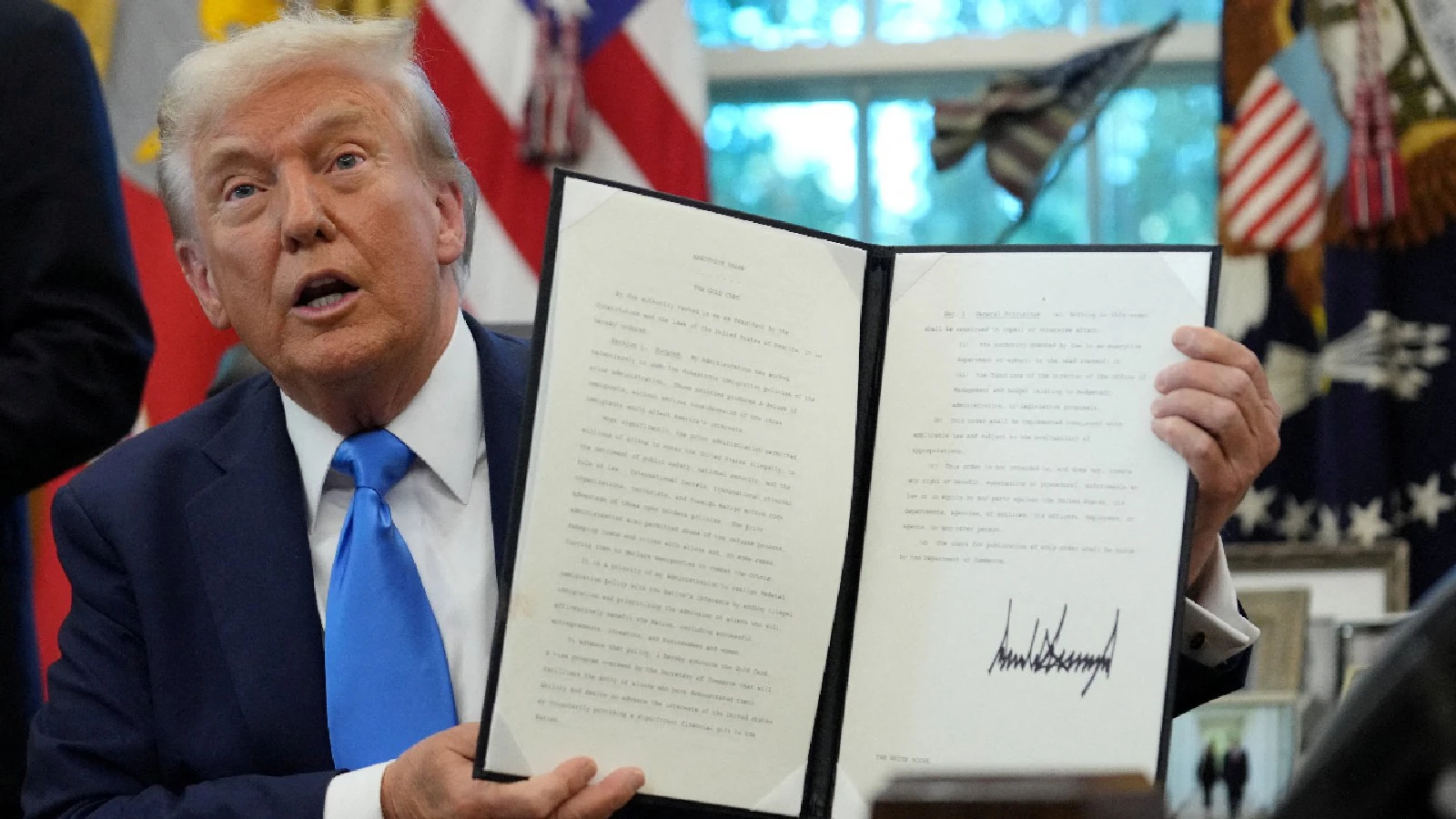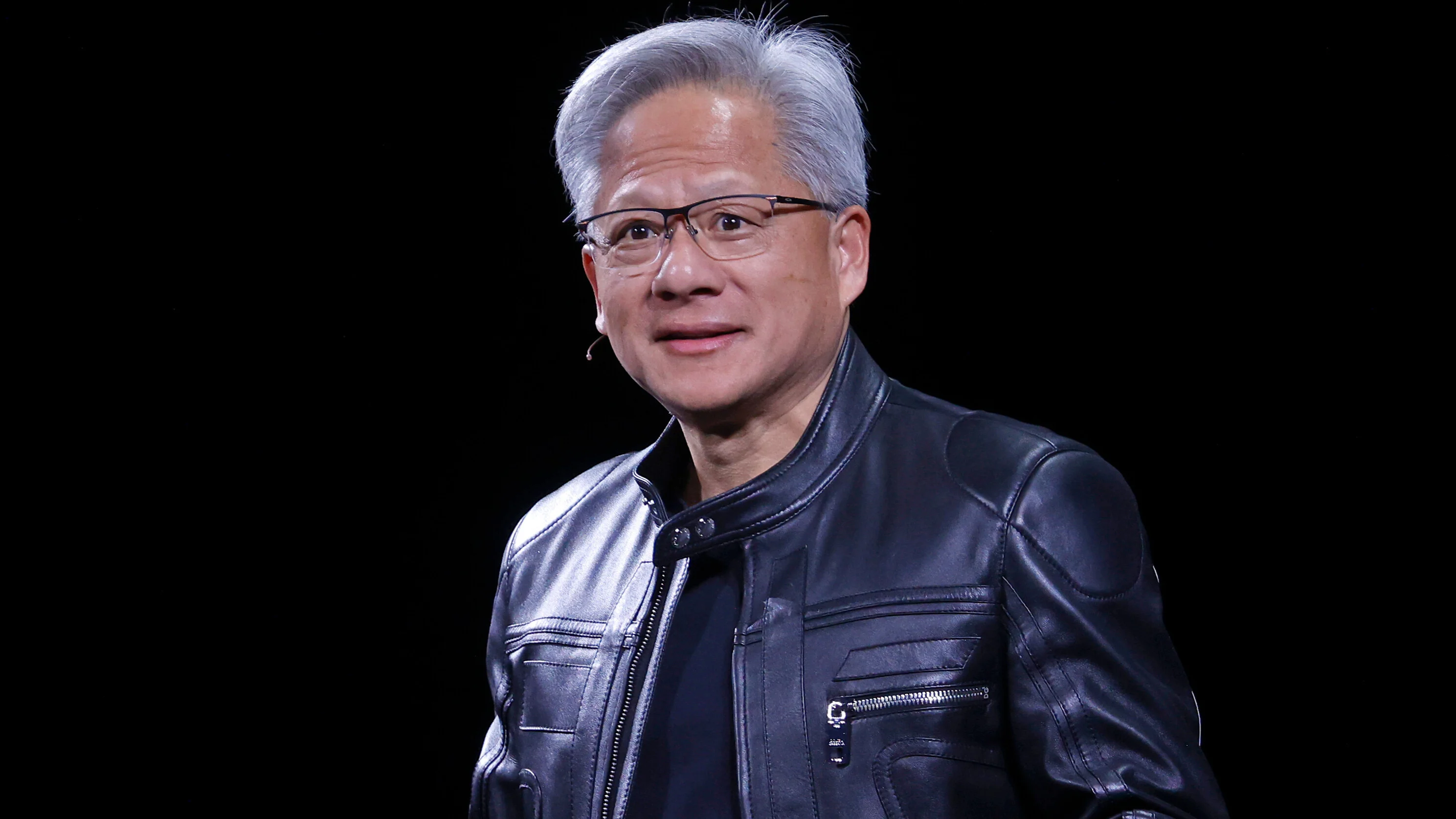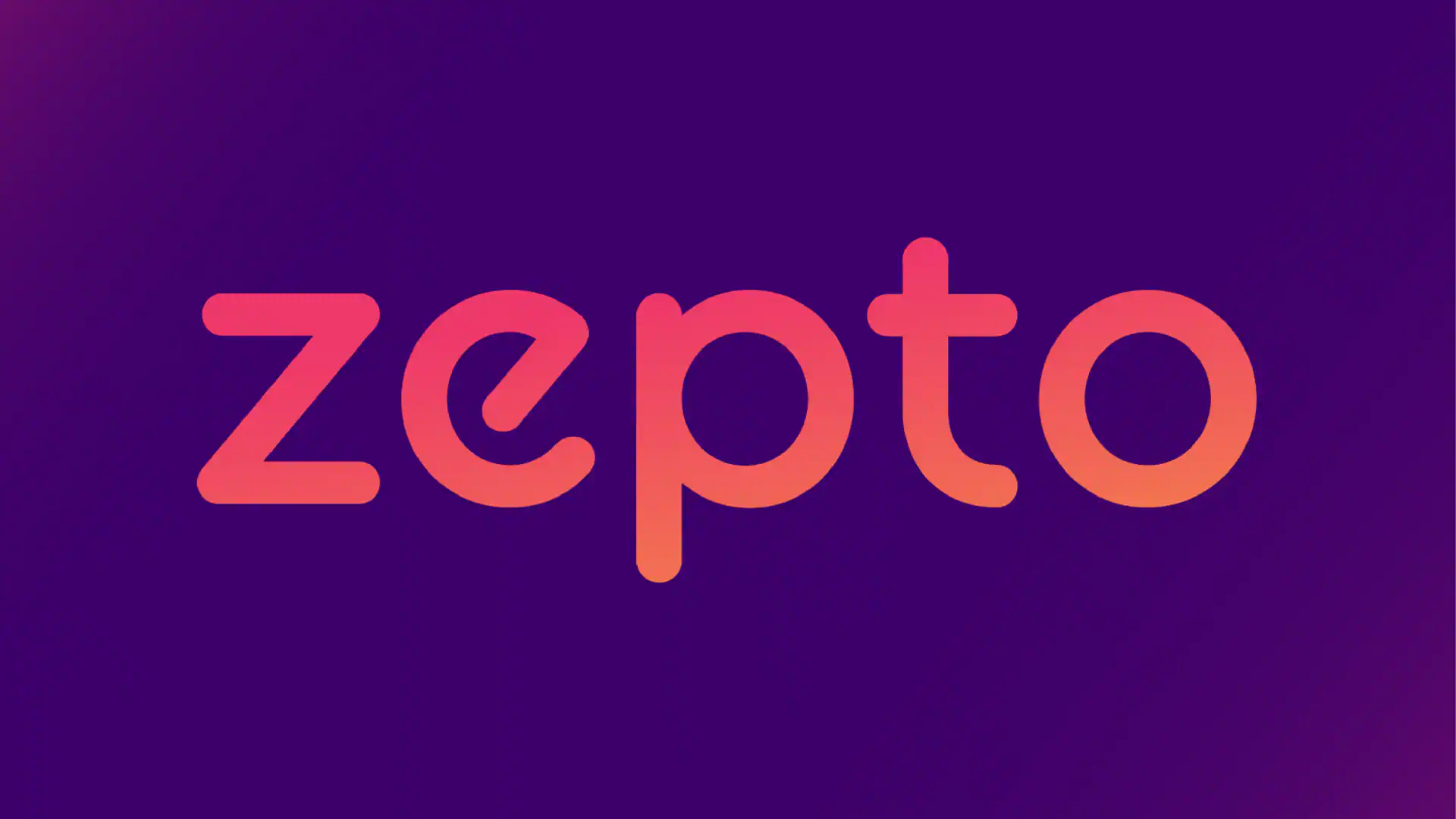Explained: What Is Section 1(c) Exemption In Trump’s H-1B Fee Proclamation? Who Can Get Relief?
By News18,Varun Yadav
Copyright news18

The Trump administration has shaken the corporations and governments across the world by announcing to hike the H-1B visa annual fee to a staggering $100,000 from a mere $1000, aimed to rectify “systematic abuse” of the visa regime, depressing wages and protect national interest.
The proclamation said that the large-scale replacement of American workers through systemic abuse of the program has undermined both our economic and national security.
“Information technology (IT) firms in particular have prominently manipulated the H-1B system, significantly harming American workers in computer-related fields. The share of IT workers in the H-1B program grew from 32 percent in Fiscal Year (FY) 2003 to an average of over 65 percent in the last 5 fiscal years,” it added.
Exemptions Under Section 1 (c) of the official proclamation:
The Section 1 (c) clause of the Procalamation says the restriction imposed pursuant to subsections (a) and (b) of this section shall not apply to any individual alien, all aliens working for a company, or all aliens working in an industry, if the Secretary of Homeland Security determines, in the Secretary’s discretion, that the hiring of such aliens to be employed as H-1B specialty occupation workers is in the national interest and does not pose a threat to the security or welfare of the United States.
Simply means the Secretary of Homeland Security has the full right to determine at its discretion the applications of companies for H-1B visa holders. It would grant the exemption of $100,000 fee only if it finds the occupation workers are in the national interest and do not pose a threat to the security or welfare of the United States.
It is expected that some sectors may be given this exemption under subsection (c), including healthcare, defense and security contractors, critical technology sectors like AI, cybersecurity, semiconductors, and cloud infrastructure, and universities and research institutions.
Some sectors like IT services and consulting giants like Infosys, TCS, Wipro and Cognizant will face a major hurdle. In fact the Proclamation also highlighted that Information technology (IT) firms in particular have prominently manipulated the H-1B system, significantly harming American workers in computer-related fields.
“American IT workers have reported they were forced to train the foreign workers who were taking their jobs and to sign nondisclosure agreements about this indignity as a condition of receiving any form of severance,” it added.
Startups and mid-sized tech firms, though crucial to the digital economy, may find themselves squeezed under the new visa fee regime. Unlike large corporations with strong lobbying power, these firms are unlikely to secure blanket exemptions. They will either have to absorb the additional costs or shift more work offshore. Finance and consulting houses might see exemptions for some niche or quantitative roles, but a full industry-wide waiver remains improbable.
The bigger risk lies in ambiguity. The order’s language gives sweeping authority to the Secretary of Homeland Security, leaving decisions entirely at their discretion. This makes the process political, unpredictable, and open to narrow interpretation. Even if exemptions are eventually allowed, setting up a review mechanism will take months, creating uncertainty for companies and workers. For Indian IT professionals and outsourcing firms, the chances of relief remain slim, while healthcare, defense, and research sectors are more likely to benefit from targeted carve-outs.



